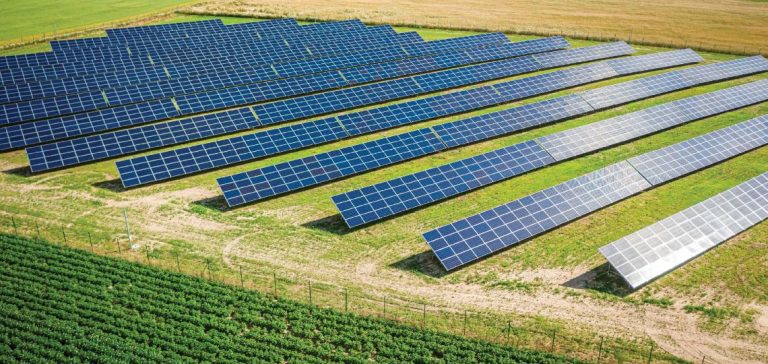The Asia-Pacific region could experience a significant drop in REC prices by 2050. According to a new study by Wood Mackenzie, these prices are expected to drop by 76%, falling from 46 USD/MWh to just 11 USD/MWh. This trend is attributed to an oversupply of REC resulting from the strong growth in renewable energy production, which is expected to quadruple over the same period.
The study, titled “Price outlook for Renewable Energy Certificates in Asia,” analyzed the effects of this increase on REC prices in six key markets in the Asia-Pacific region: Taiwan, South Korea, Australia, India, China, and Japan. The report indicates that the share of renewable energy in the energy mix of the six markets is expected to increase from 14% in 2023 to 55% by 2050.
Impact of Energy Production on REC
In parallel, the costs of producing electricity from solar and onshore wind projects are expected to decrease by at least 40% on average over the same period. This reduction in costs will make REC cheaper, as the need to subsidize projects through these certificates will become less critical. “REC play a crucial role in supporting new investments in renewable energy by providing incentive mechanisms and enabling end-users to purchase green energy credits,” said Ken Lee, Head of Asia-Pacific Power Research at Wood Mackenzie.
Oversupply of REC
Wood Mackenzie estimates that the supply of REC will continue to exceed demand until 2050, leading to continuous pressure on prices. The report specifies that the decline in fossil fuel energy production will also slow mandatory REC demand in some regional markets, as REC requirements are often imposed on fossil fuel producers.
According to Ken Lee, the total excess REC supply in five of the six markets, excluding China, is expected to increase from 13 TWh in 2023 to 241 TWh by 2050. By comparison, China represents a unique case where state policies will increase REC purchase requirements, which could stabilize prices in the country.
REC Price Evolution by Market
Currently, Taiwan and South Korea have the highest REC prices in the region. However, these prices are expected to fall by at least 70% by 2050, due to increased REC supply and reduced renewable energy production costs. Overall, average REC prices in the six markets analyzed are expected to fall from 46 USD/MWh in 2023 to just 11 USD/MWh by 2050.
A Contrasting Situation in China and Japan
In China, Wood Mackenzie’s report anticipates an increase in REC prices starting in the late 2020s. Government measures aimed at strengthening REC purchase requirements for the energy and industrial sectors should reduce the excess supply, thereby stabilizing prices.
In Japan, REC prices (between 4 and 5 USD/MWh in 2023) are not sufficient to economically support the development of new solar or wind projects. Project developers will need to turn to other mechanisms such as feed-in tariff (FiT) or corporate power purchase agreements (PPA) to ensure the profitability of their projects.






















